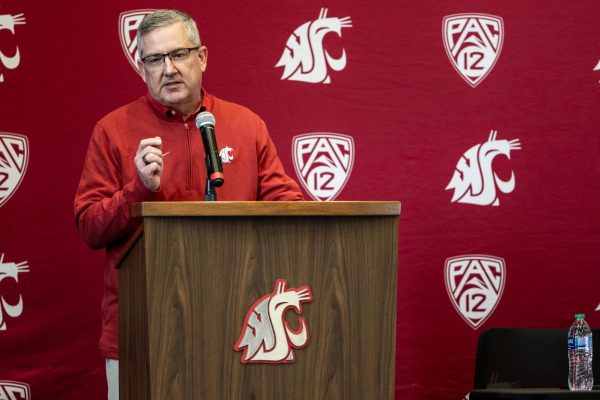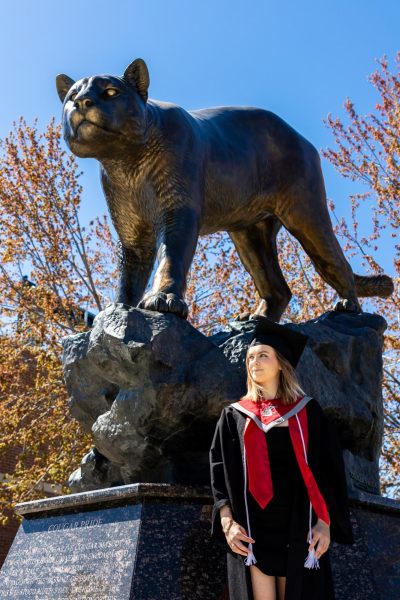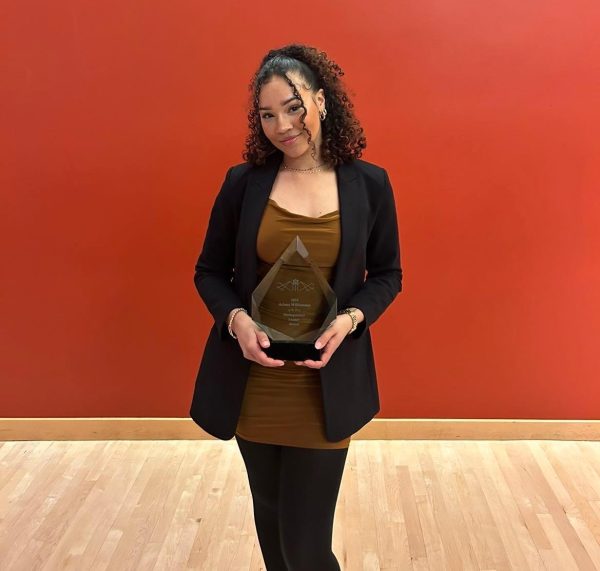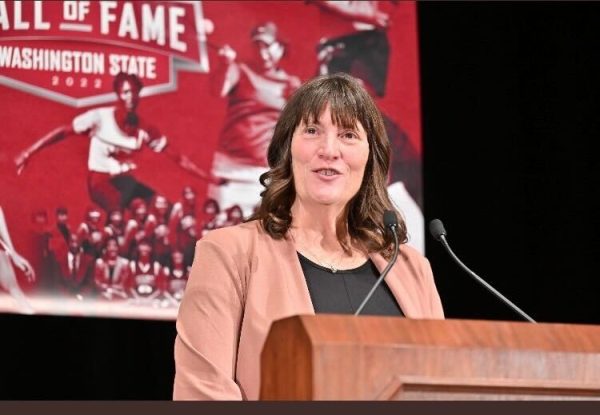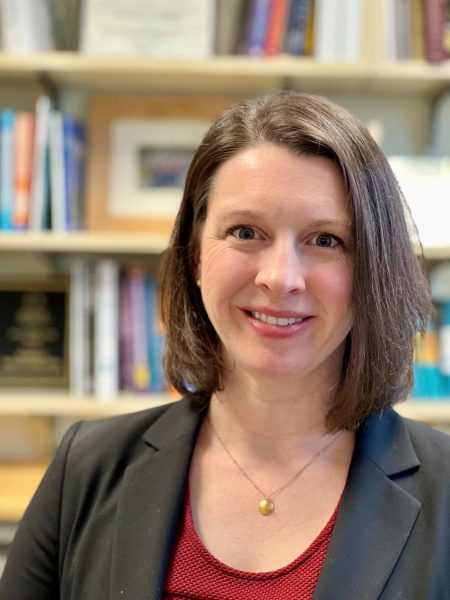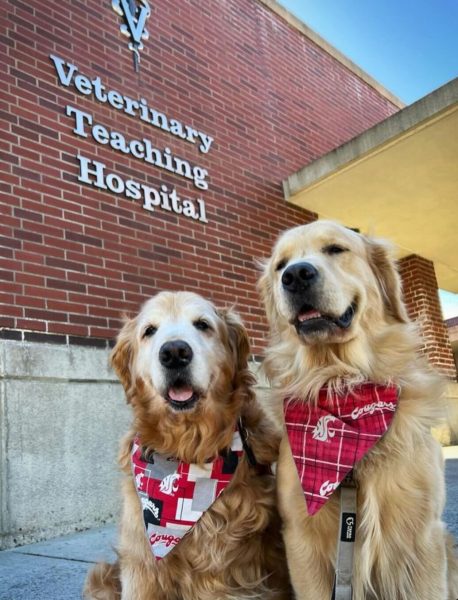Workshop prepares Cougs for industry
March 8, 2016
Graduate students attended a professional development workshop to learn how to find a job in industries outside of academia on Sunday.
Roxanne Moore, director of the Professional Development Committee, said the department wanted to create partnerships to provide workshops and events targeted at graduate students. Graduate student advisors have good advice on how to find work in academia, yet resources on how to transfer into the industry are poor, said Sean Mossman, GPSA senator.
“How to get a real job out in the real world seems really abstract,” Mossman said.
Isaiah Hankel, Ph.D. in anatomy and cell biology and founder of Cheeky Scientists Company, led the event. Hankel talked about the reality of Ph.D. job searching, the importance of referrals, networking and resumes.
After graduating, 60-80 percent of Ph.D. students will be unemployed, he said.
“It’s not that your Ph.D.’s are not valuable, it’s that you’re not doing anything to prepare yourself,” Hankel said.
One reason why many Ph.D. students have trouble finding work is because many do not have a strategy as to where they want to go and the position they want to have, Hankel said.
“You can’t hit any target that you don’t set,” Hankel said.
Students were asked to make a list of 30 companies they would not mind working for and a collection of 100 connections from these industries to contact and follow up with. Hankel said relationships need to be built with others before asking for job opportunities.
Hankel said networking is a must, as the majority of jobs are offered via referrals. Most Ph.D. students were taught to believe that by having a Ph.D. and sending a resume to a jobsite online, a job offer would come easily, he said.
“That’s not how it works at all,” Hankel said.
If 2,000-3,000 people apply for the same job online, employers will only consider the top five or 10 applicants if no one was referred to them, Hankel said. This is because the hiring process is expensive, with employers having to invest around $60,000 on average for a new employee.
Networking should not include only online connections, but face-to-face conversations that focus on learning about the other person, Hankel said. One should try mapping out all networking events for a two month period and attend off-campus events at least once a week.
“Pursuing your career is an investment,” Moore said.
Hankel said students need to differentiate themselves from others in order to gain leverage, as within 90 seconds of an interview the employer will decide whether to hire you. Employers know Ph.D. students are smart and can work independently, he said, so they also hire based on social communication skills.
One should use the elevator pitch model within the first 90 seconds, Hankel said, describing who they are, what they want and why the employer should care. Applicants should provide a unique fact or interest to differentiate themselves. For example, one student said she likes canning and pickling.
Resumes are the least important part of job searching, Hankel said, as employers will only look at the resume on the day and time of a scheduled interview. However, while a good resume will not get someone a job, a bad resume can keep someone from getting a job.
The GPSA’s Professional Development Committee organized the event.







